Home » Our Specialty »
Drug development is
used to describe the entire procedure of introducing a new drug or device to the market
The field of drug development, or pharmaceutical medicine as it is sometimes known, has witnessed remarkable growth in recent years. The process of developing a drug and bringing it to market involves a multi-disciplinary team including scientists, physicians, patients, marketeers, pharmacists and many others.
The physicians are typically involved from a drug’s earliest clinical trials. They use their medical expertise to ensure the safety of these trials, measure new drugs’ effectiveness, and they even monitor the medicine long after it has been approved and is being given to patients.
In the UK, the doctors who work in drug development are considered so specialised that they have their own name, pharmaceutical physicians. They also have a dedicated medical specialty to maintain standards in their practice; Pharmaceutical Medicine sits alongside other UK-recognised specialities like Cardiology, Immunology, and Medical Oncology.
Did you know?
Drugs start off in scientific laboratories. Translating a laboratory discovery into a new medicine is a long, complex and expensive process – with no guarantee of success, and only a very few of the potential new drug compounds that scientists uncover during the early stages of research will become an effective medicine.
- Out of 10-20 candidate molecules entering early clinical trials, only one will be successfully approved
- It takes around 12 years for a laboratory discovery to become an approved medicine and costs around £1.1 billion
Pharmaceutical physicians contribute their expertise to a wide range of activities including:
Translating knowledge into new medicines
Evaluating medicines in clinical trials
Ensuring the well-being of volunteers taking part in clinical trials
Understanding the safety profile of medicines and their risk/benefit balance
Ensuring that the promotional materials and patient information that accompany medicines are medically sound
The Drug Development Pathway
Preclinical Research
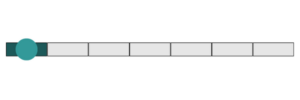
Any potential new drug must first undergo extensive preclinical testing in the laboratory to evaluate its safety before it can be given to humans. Many different basic research scientists are involved in these initial stages – including chemists, pharmacologists and toxicologists.
Phase 0

In a Phase 0 trial, a small number of volunteers will be given very low doses of the experimental drug to check it isn’t harmful and acts in the way that researchers expect.
Development time:
Year 1-4 (including preclinical)
Number of research subjects in this phase:
10-15
Cumulative cost:
£500 million (including preclinical)
Candidate molecules:
10-20
Phase 1
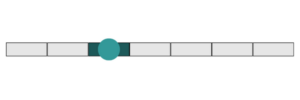
Tests safety of a potential new medicine in around 10-15 people, usually healthy volunteers. The main aim is to gather information on safe doses and side effects.
Development time:
Year 4-7
Number of research subjects in this phase:
20-80
Cumulative cost:
£700 million
Candidate molecules:
5-10
Phase 2
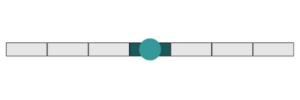
Involves 100-300 people with the condition that it is designed to treat. The aim is to assesses both that it works and does not have unacceptable side effects.
Development time:
Year 7-9
Number of research subjects in this phase:
100-300
Cumulative cost:
£900 million
Candidate molecules:
2-5
Phase 3
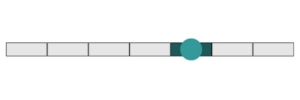
Large-scale trial with thousands of participants who are usually recruited from many hospitals and even different countries. These trials compare the new drug with the current ‘gold standard’ treatment and/or placebo to find out which works better, monitor any side effects and collect safety information.
Development time:
Year 9-11
Number of research subjects in this phase:
1,000-3,000
Cumulative cost:
£1.1 billion
Candidate molecules:
1-2
Licensing
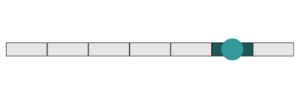
The appropriate regulatory authority will then evaluate the evidence from clinical trials. They will issue a licence if they are satisfied that the new drug is effective and of suitable quality. It is now an approved medicine and can be sold in the relevant country.
Development time:
Year 11-12
APPROVED MEDICINE
Phase 4
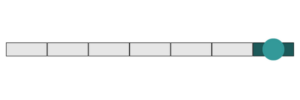
This trial aims to find out more about the side effects and safety of an approved drug and its long-term risks and benefits. For instance, a side effect may only become apparent once the drug has been given to thousands of people in the real world.
Development time:
Ongoing
Number of research subjects in this phase:
Many thousand
Cumulative cost:
£1.2 billion
Candidate molecules:
1
Find out more about Pharmaceutical Medicine
Dr Naila Aslam
What is Pharmaceutical Medicine?

